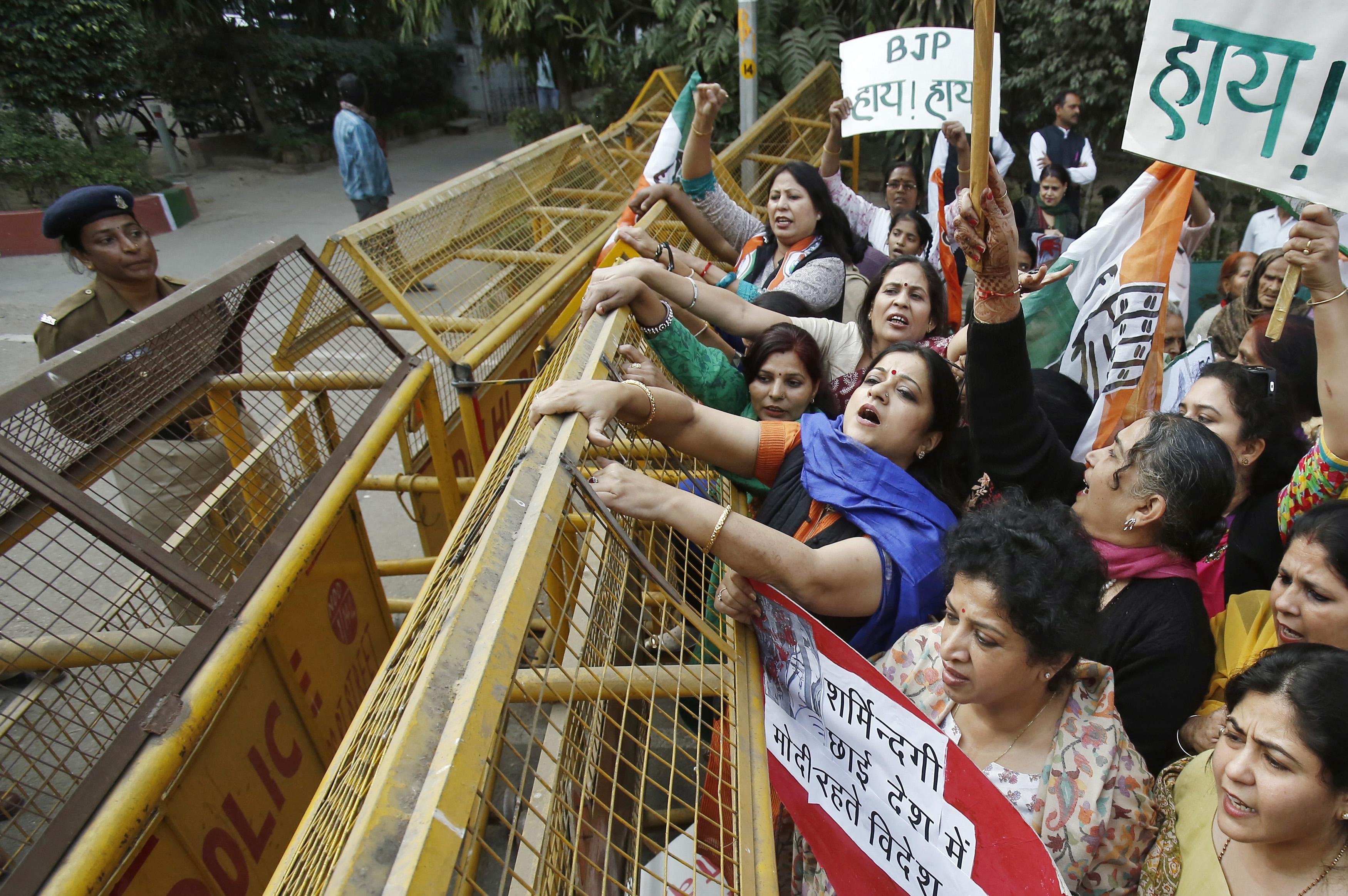The Indian government, earlier this week, banned a documentary that told the story of a horrific 2012 gang rape in New Delhi that sparked national outrage about the treatment of women in the country. The film, titled India’s Daughter, was set to air on Sunday on the BBC and Indian cable news network NDTV, before the government stepped in and pulled the plug.
The reasoning behind banning the movie is twofold: One of the rapists is interviewed and he is truly a despicable human being, still; he also says some pretty despicable things during the interview. Two, there was, essentially, some paper work the filmmakers may, or may not, have filled out. Police said the ban was imposed because the prisoner’s comments “created an atmosphere of ‘fear and tension’ and risked fueling public anger,” Reuters reports.
In response to the mounting government pressure to censor the film, the BBC moved up its release and aired the film on Wednesday night in the U.K. The Indian government was predictably not happy and vowed to take legal action—although it’s unclear on exactly what grounds. India has also pushed for a global ban, which is even more absurd because of, you know, the Internet. And it’s already proving difficult, the New York Times reports.
For government regulators, the immediate challenge is to identify and remove links to the film, “India’s Daughter,” that were posted on social media, said Kuldeep Dhatwalia, a spokesman for the Ministry of Home Affairs, adding that officials from four ministries — overseeing law, broadcasting, information technology and external affairs — “have put their best heads together to find out the best course of action.”
